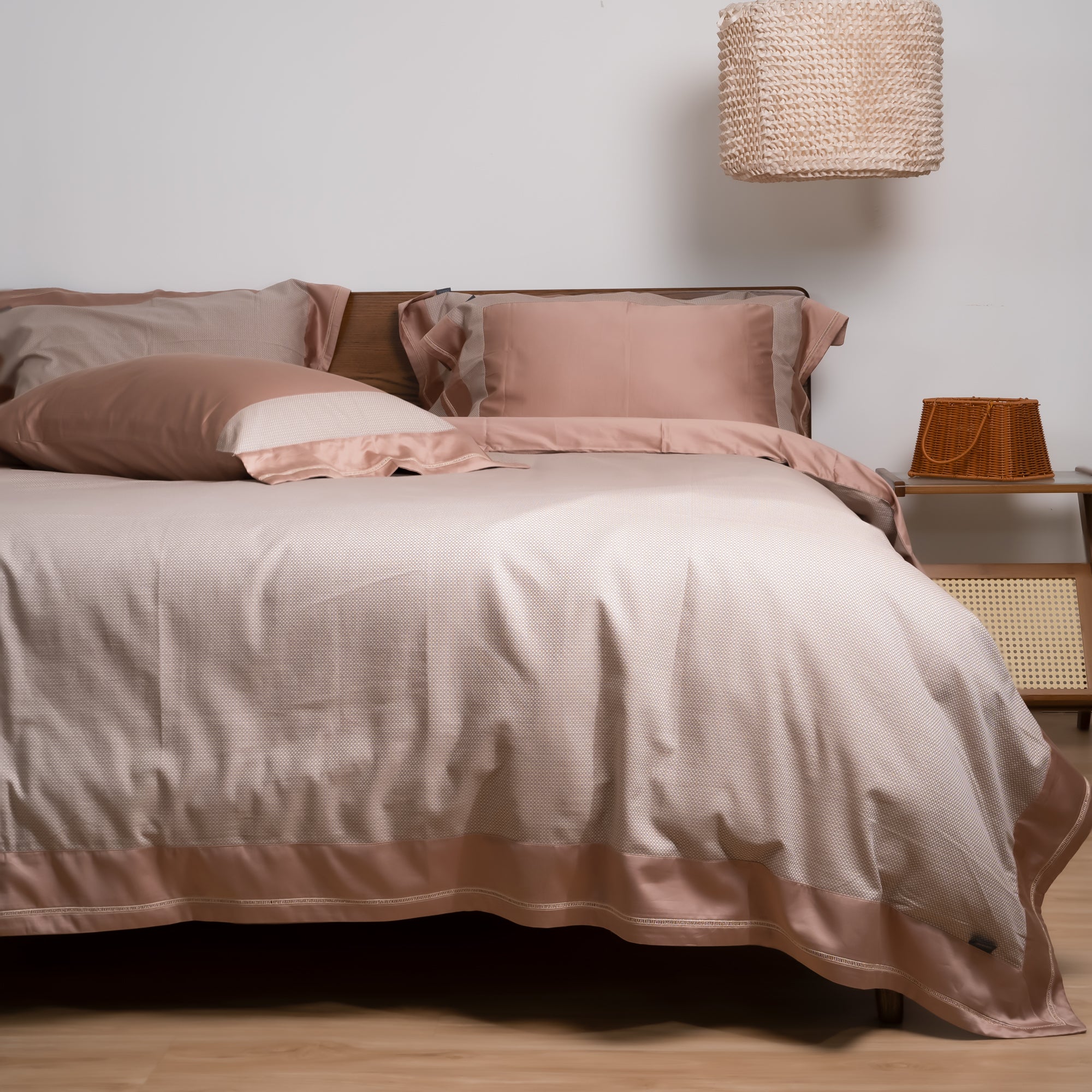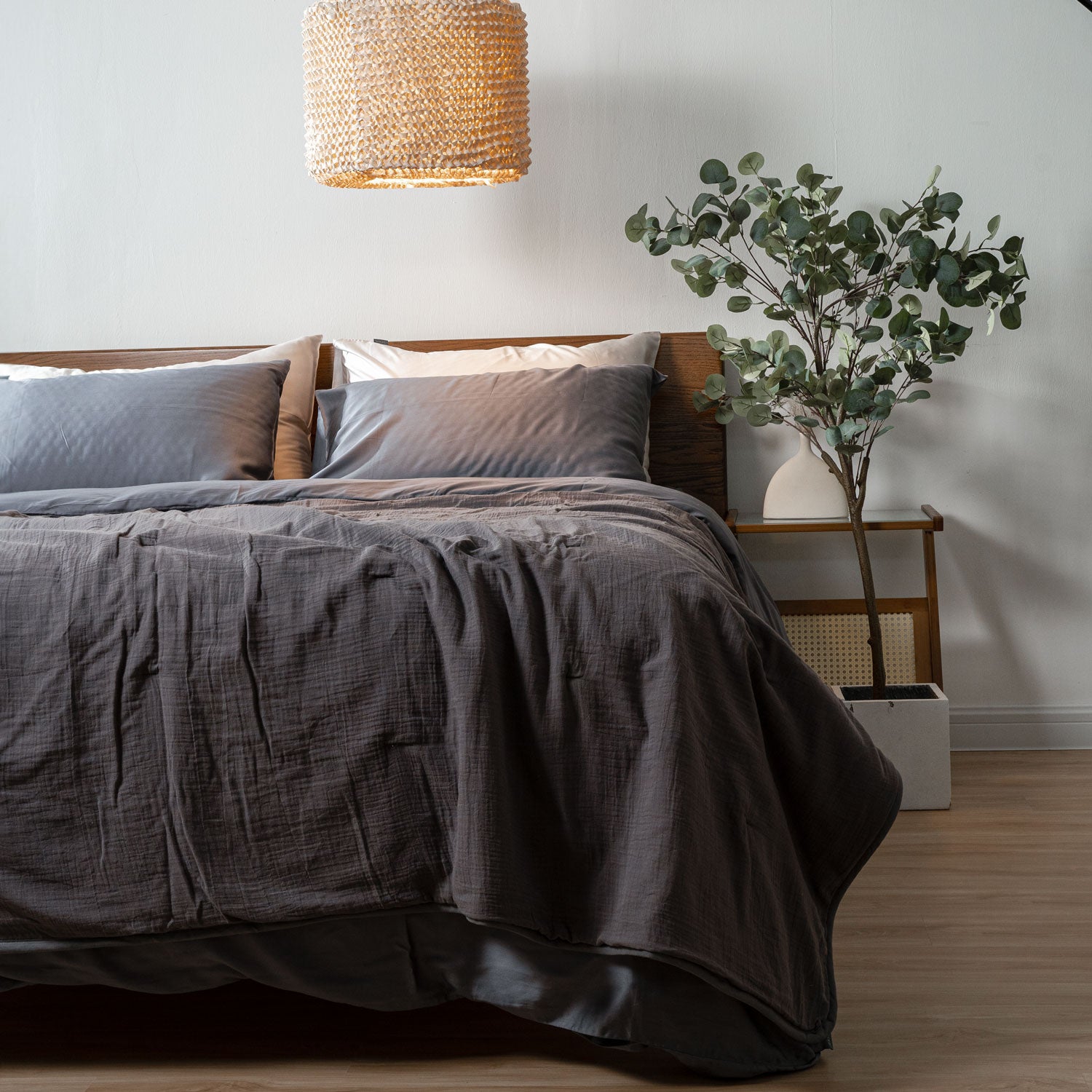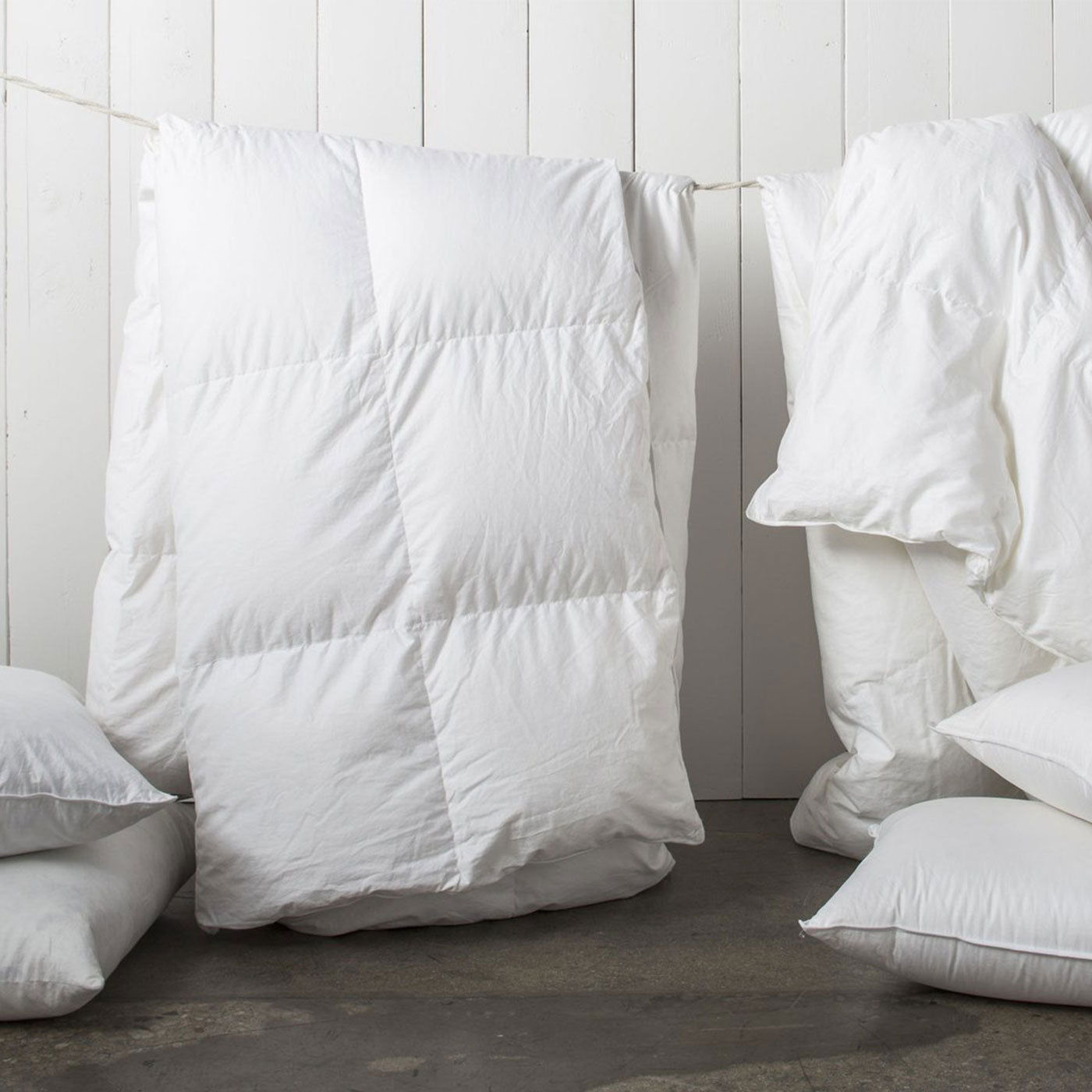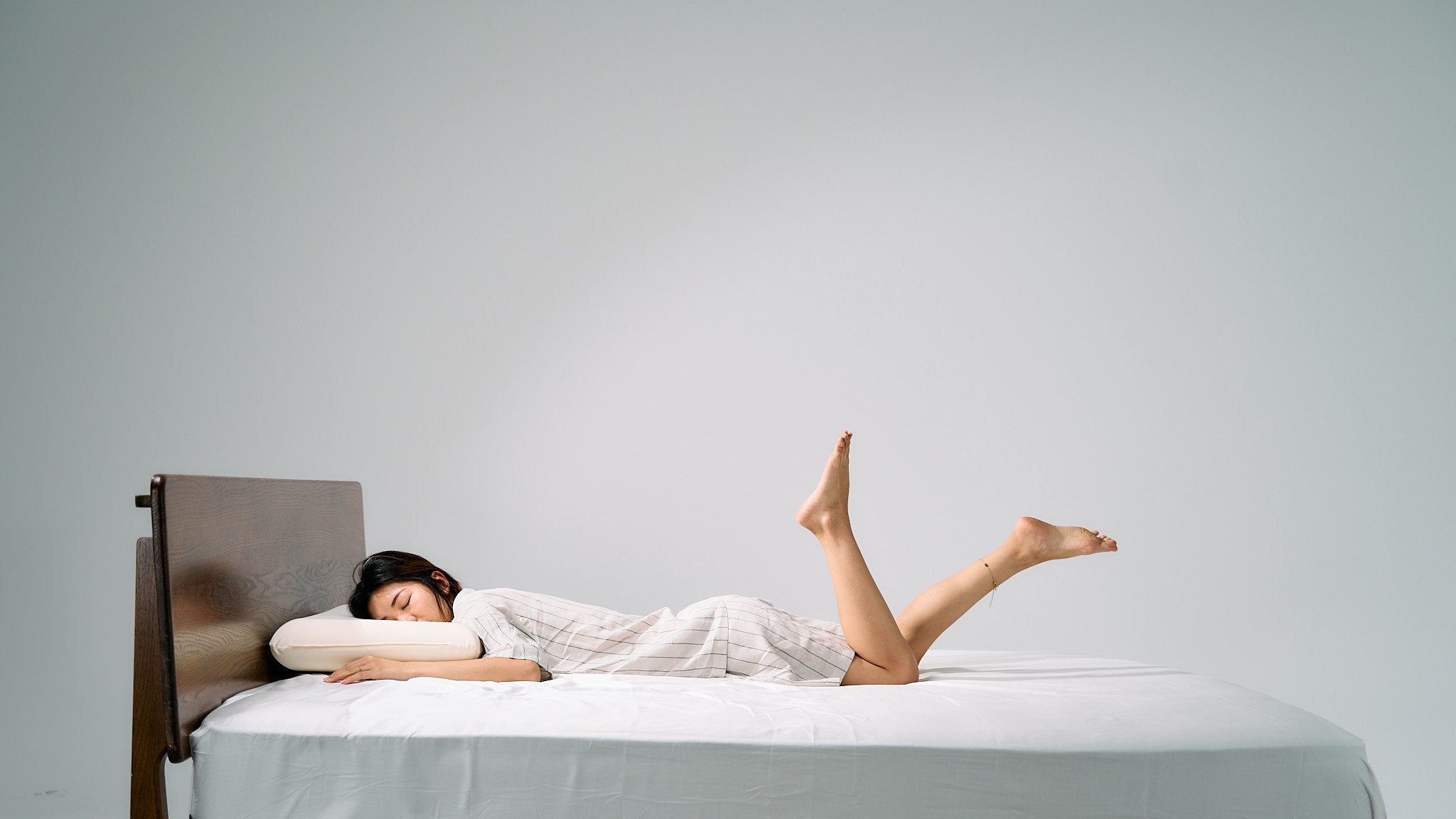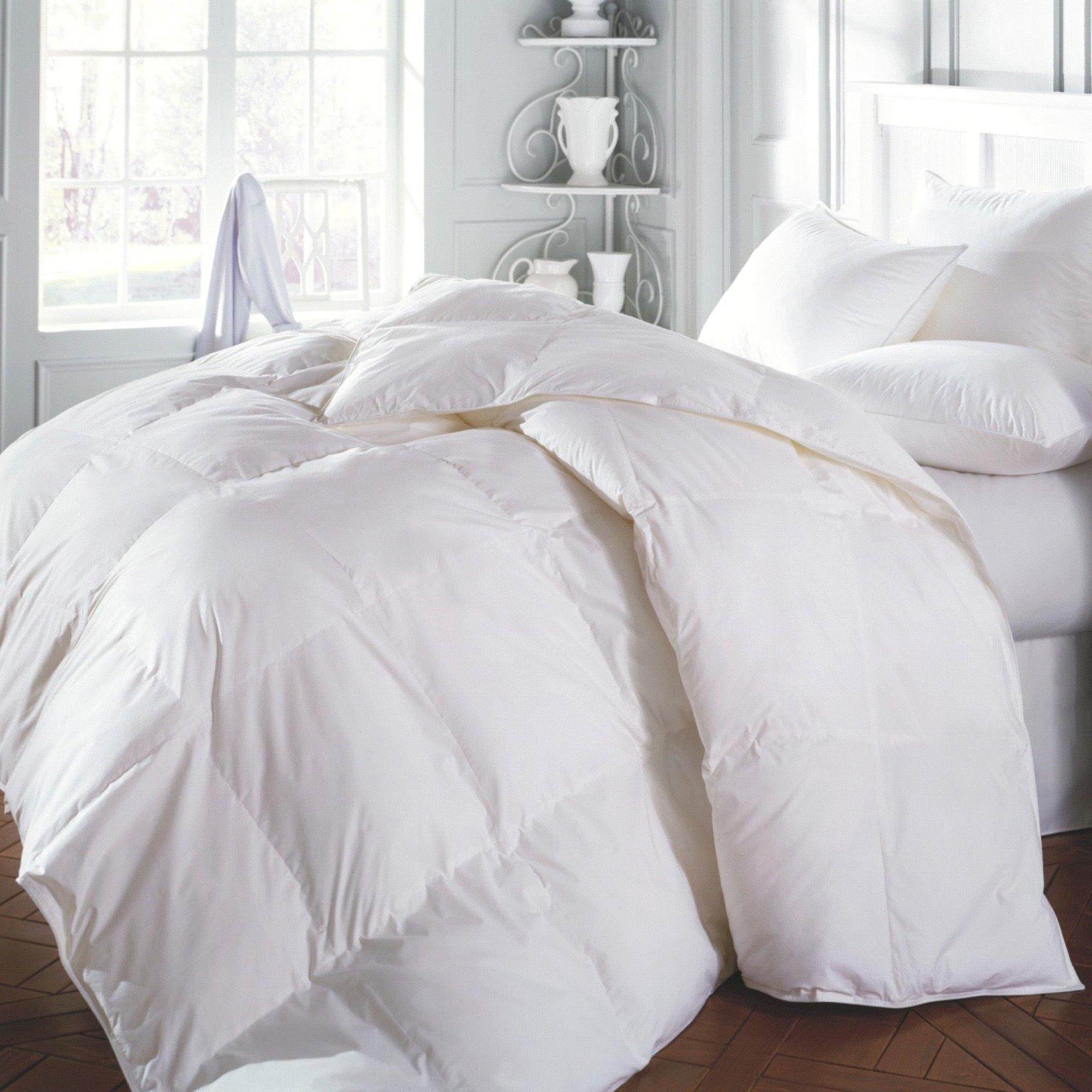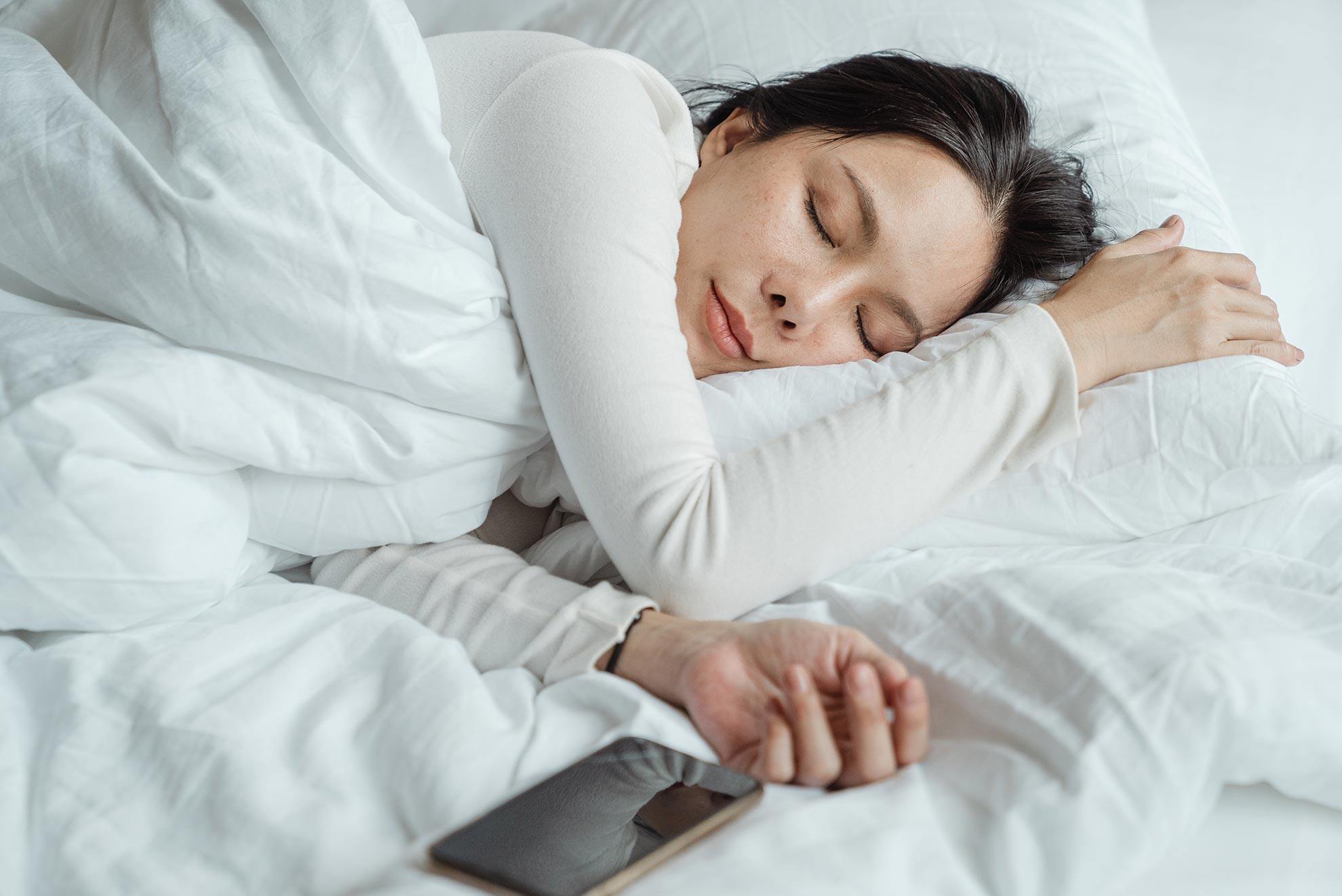
GAIAS Teach You How To SLEEP
What is Insomnia?
Insomnia is a common sleep disorder that can make it difficult to fall asleep, difficult to fall asleep or cause you to get up too early to fall asleep again. According to research, about 58% of Malaysians face insomnia, and middle-aged people had portion for about 56%. Most of the reasons are due to stress from work, family and other psychological problems. Insomnia will not only reduce your energy and mood, but also damage your health, work performance and quality of life. The consequences of insomnia are not visible in short term but it harm our body in the future.
Ten Tips to Beat Insomnia
In order to solve this problem, we had some strategy to fight with it. These methods are simple and doesn't require any medical assist. These methods are able to apply to anyone and need long-term persistence, you will see the changes to your body and upgrade your living lifestyle.

1. Go to bed and go to bed.
Go to bed on time, try not to exceed 11 o'clock in the evening, turn off the lights when you go to bed, and go to bed. People who are prone to insomnia should go to bed only when they are sleepy. The result of going to bed early is often "I want to sleep...", which will only increase psychological pressure. If you can’t fall asleep for half an hour, it's recommended to get up and do things like reading or listen to some music, watch TV, and then wait until you feel sleepy and that's the best time to bed.

2. A good environment to sleep
Keep the bedroom clean, neat, away from noise and light disturbance. Keep the room temperature which makes you comfortable, keep the room temperature maintain 24℃-26℃ to get the best comfort to the body. Pick a cozy bed and a soft-smooth bedsheet, recommended GAIAS bedsheet which can give you the most comfortable feels while you are sleeping.
3. A correct sleeping posture
Choose a lying position that makes you relax your body. It is normally recommended to lie on the right side and bend your legs slightly, then relax your body with one hand bent on the elbow and resting on the thigh. Of course, you're free to use any posture that makes you comfortable and fall asleep easily.

4. An exercise before sleep
''To sleep better at night, get moving during the day.'' It is recommended to do a light intensity exercise such as yoga, stretching, and swimming leisurely before 90 minutes before you go to bed.
5. A proper diet control
A light diet rich in protein and vitamins is appropriate for dinner, don't eat too full in dinner and try to eat less indigestible or greasy food with an irritating taste. Avoid having alcohol drinking, coffee or tea, in 2 hours before sleep. Maybe try to replace them with a cup of hot milk.
6. Have a optimistic attitude
Try to relax before going to bed, don't think about any irritable things, and keep your mood cheerful. Take a deep breath and listen to some slow-paced music if you want, it may help you achieve a tension-relieving mood. Some people always think about falling asleep and are very worried about not being able to fall asleep and are nervous. This anxiety will make the brain not rest and make you even more sleepless.
7. Take a shower before going to bed.
Taking a hot-bathing may increase body temperature and makes people more sleepy. The water temperature should be maintained between 37°C-40°C. If the temperature exceeds 40°C, it will speed up the heartbeat, stimulate sympathetic nerves, and make people too excited to fall asleep. The appropriate time is 20-30 minutes. People tend to fall asleep when their body temperature drops, and their body temperature rises after bathing, so it is best to leave the bath for a short period of time.

8. A good daily routine
Develop the habit of sleeping and waking up regularly following your working routine. Going to bed and wake up at a particular time of the day, make your body remember the time to build a better biological clock. On weekends and holidays, avoid lazy sleep. Sleeping more is not good for people. Sometimes you go to bed late because of something, and you should still get up on time in the morning to avoid disturbing the biological clock.

